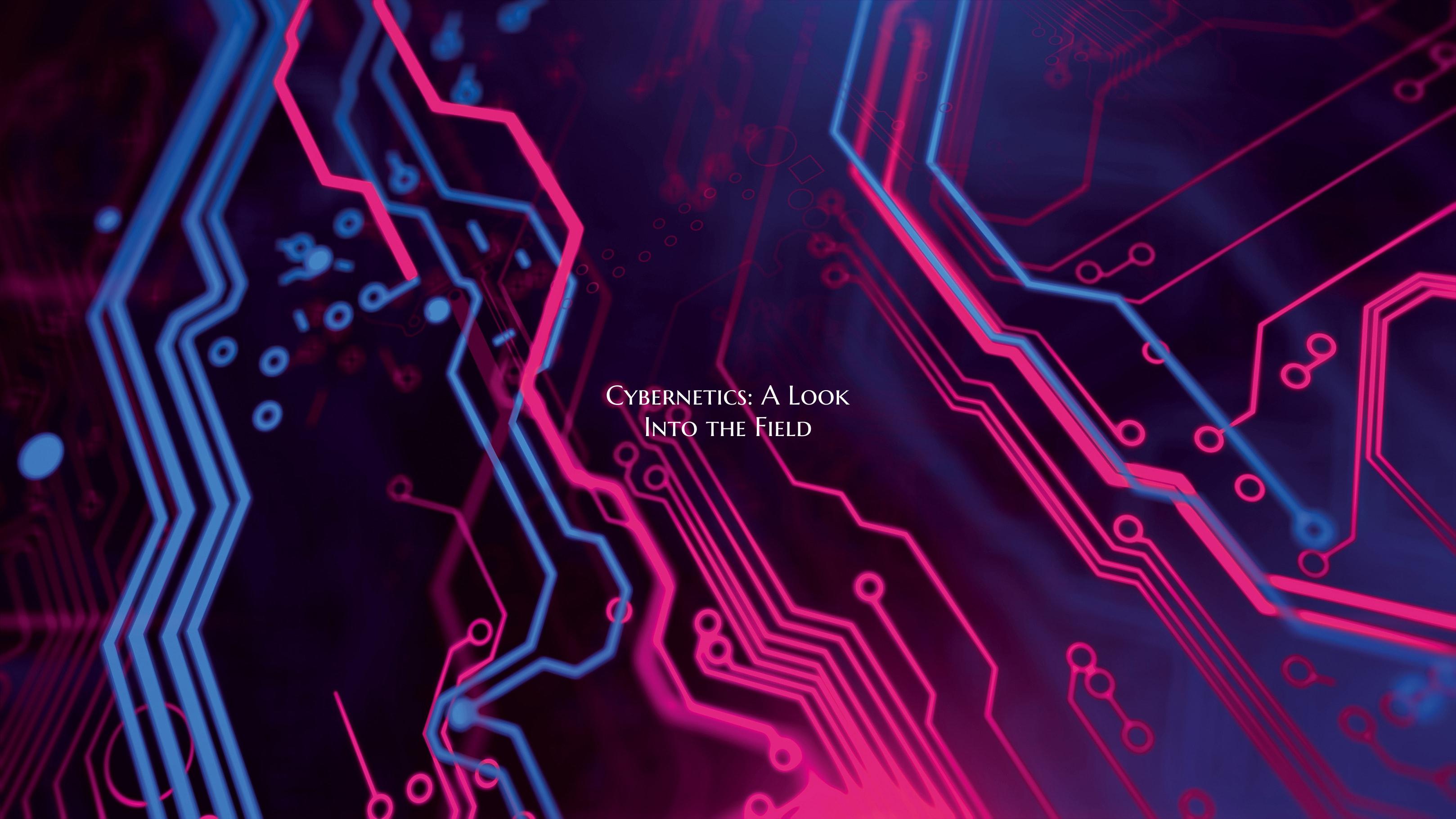Cybernetics: A Look Into the Field
Cybernetics is a multidisciplinary field that explores the study of systems, control, and communication in humans and machines. It encompasses a wide range of topics, including artificial intelligence, robotics, information theory, and cybernetic theory.
One of the foundational principles of cybernetics is feedback control. This concept involves the continuous monitoring and adjustment of a system to achieve a desired goal or maintain stability. In cybernetic systems, feedback loops play a crucial role in regulating and optimizing performance.
The field of cybernetics has had a significant impact on various industries, including aviation, healthcare, and manufacturing. For instance, in aviation, cybernetic principles are applied to control systems in aircraft to enhance safety and efficiency. In healthcare, cybernetics is used in medical devices and systems to monitor patient health and provide real-time feedback to medical professionals.
Artificial intelligence (AI) is another key area where cybernetics has made significant advancements. AI systems are designed to mimic human decision-making processes and can learn from data to improve their performance over time. Cybernetic theories provide a framework for understanding how AI systems interact with their environment and make decisions.
Robotics is also a prominent application of cybernetics, where robots are designed to perform tasks autonomously or in collaboration with humans. Cybernetic principles are essential in developing robots that can sense their environment, plan actions, and adapt to changing conditions.
In conclusion, cybernetics is a fascinating field that explores the complex interactions between systems and information processing. By studying cybernetics, researchers and engineers can gain valuable insights into how systems can be designed, controlled, and optimized for various applications in today's technologically advanced world.

